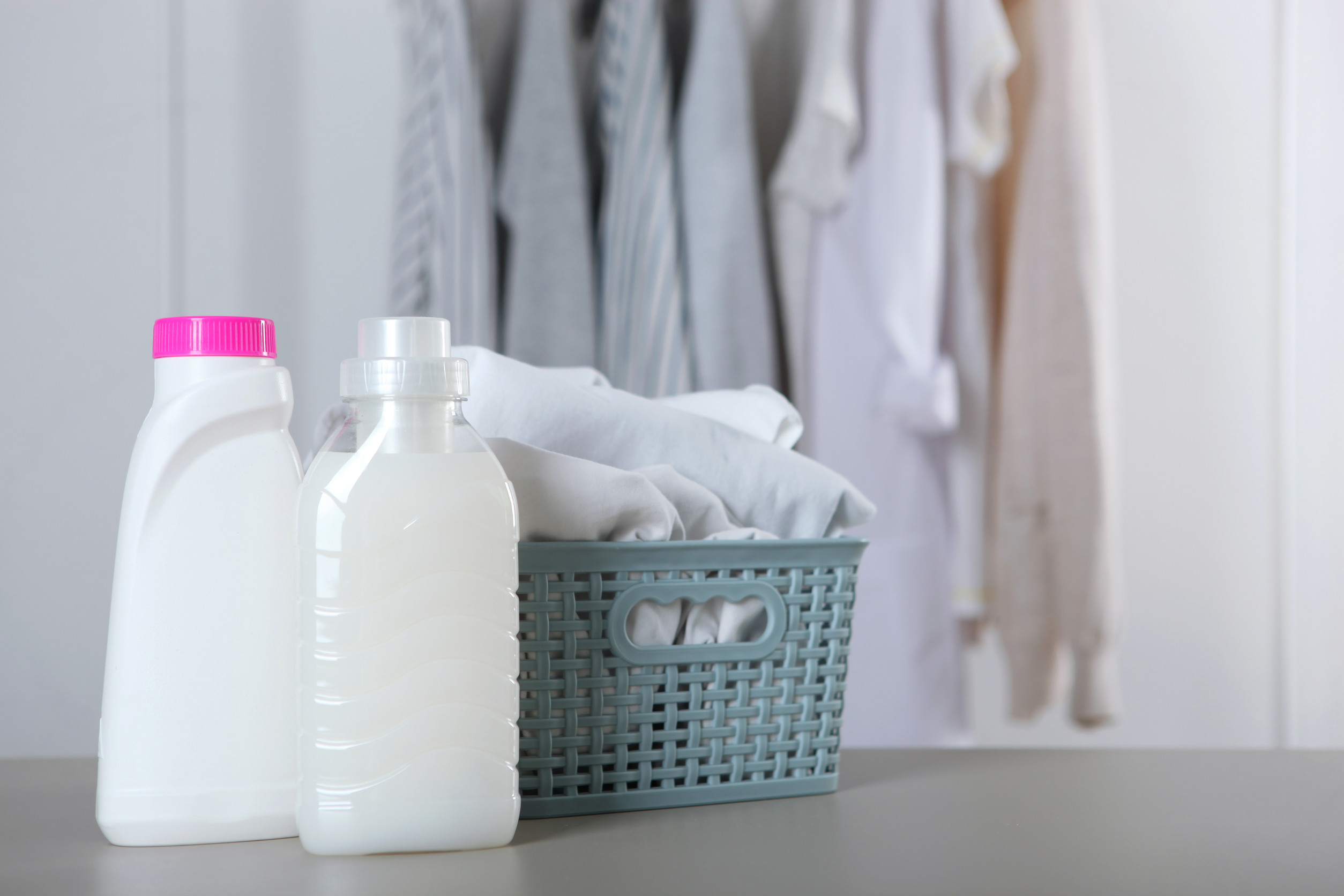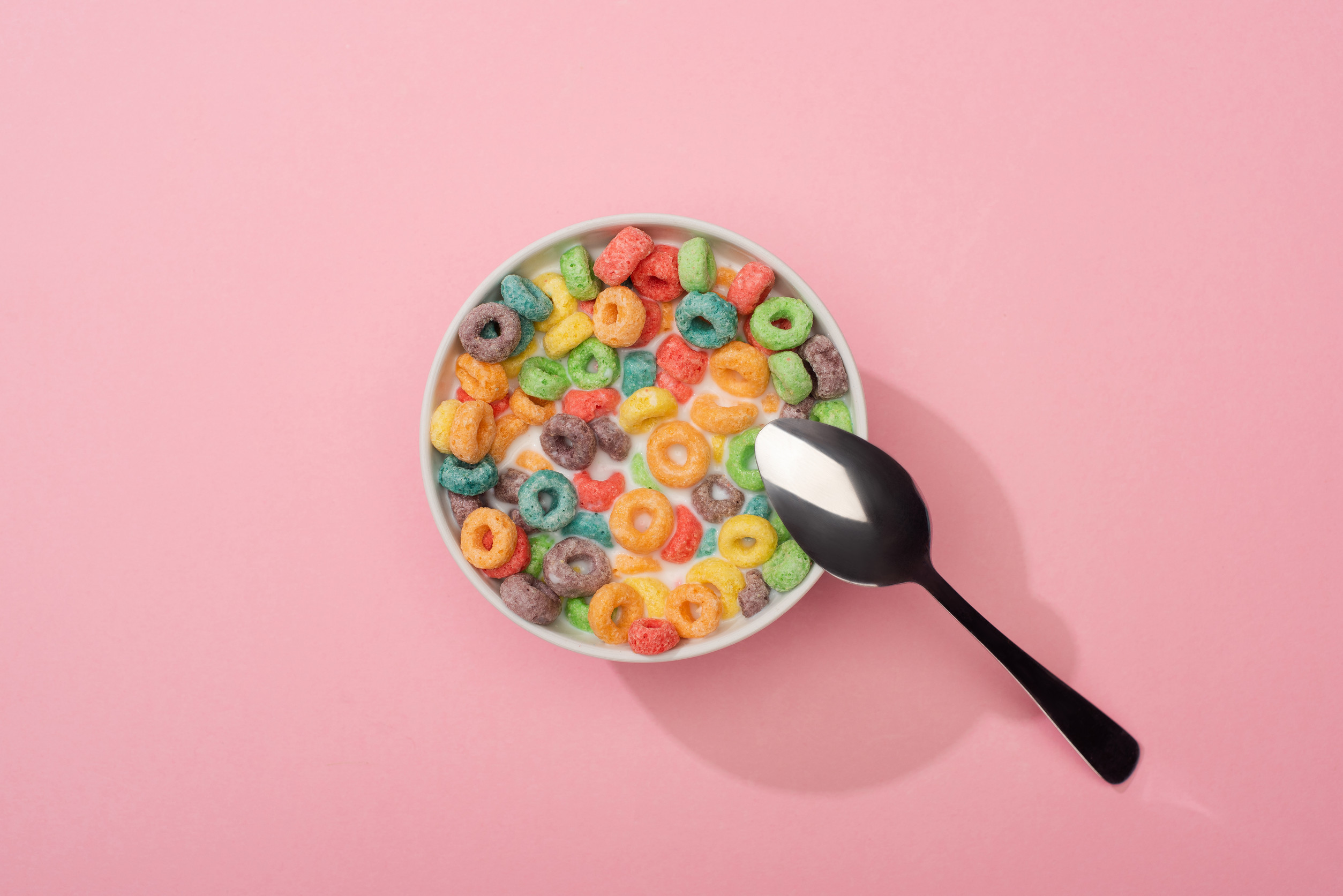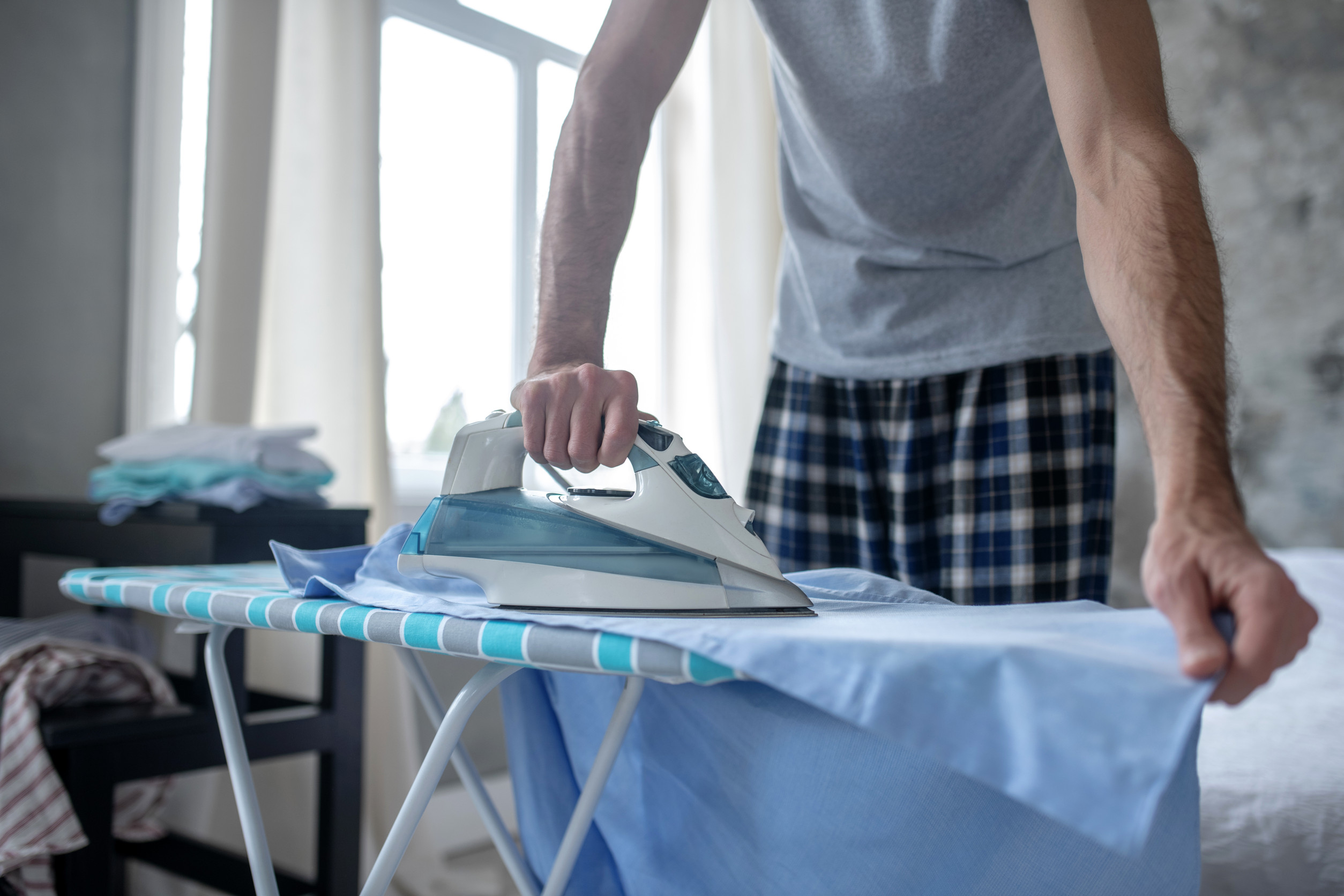Millennials have taken the blame for “killing” everything from napkins to cable TV. But the truth is, they’re not killing anything—they’re just changing how and why they buy. As the first generation to grow up in a digital-first world with crushing student debt, a housing crisis, and climate anxiety, their buying decisions reflect deeper values and smarter priorities. And those decisions are forcing entire industries to rethink what consumers want. These are 11 everyday products millennials don’t buy anymore—and the reasons behind it say a lot about where we’re headed next.
You Might Be Surprised By The Products Millennials Don’t Buy

Image Source: 123rf.com
1. Fabric Softener
Fabric softener sales have plummeted in the past decade, largely due to millennials skipping it altogether. Many question its purpose, while others worry about skin irritation and chemical exposure. Environmental concerns around plastic packaging and wastewater runoff also play a role. With the rise of fragrance-free and minimalist laundry routines, this once-essential product is now a shelf-sitter. Millennials want simpler, cleaner alternatives—and softener didn’t make the cut.
2. Cable TV Subscriptions
One of the most talked-about products millennials don’t buy is traditional cable TV. The idea of paying over $100 a month for hundreds of channels they won’t watch doesn’t make sense to a generation raised on streaming. Services like Netflix, Hulu, and YouTube have replaced the need for bulky set-top boxes and rigid schedules. Flexibility, affordability, and no contracts are huge selling points. Even live sports are moving to digital platforms, making cable less relevant by the year.
3. Bar Soap
Millennials have moved on from the bar soap their parents stocked in every bathroom. Liquid body wash and foaming cleansers have taken over, thanks to their perceived hygiene benefits and variety of scents. Bar soap is often seen as drying and less convenient, especially in shared living spaces. Even sustainability-minded consumers often favor refillable or package-free body washes over bars. The switch is as much about feel and function as it is about branding.
4. Fine China and Crystal
Ask a millennial about their wedding registry, and you’re unlikely to hear about fine china. The days of owning a set of formal dinnerware for “special occasions” are long gone. Many millennials live in smaller spaces, move frequently, and prioritize functionality over tradition. Expensive dishes that can’t go in the dishwasher? Hard pass. Minimalist aesthetics and multi-purpose items win every time.
5. Lottery Tickets
You might not think of lottery tickets as a “product,” but they were once a staple for older generations. Millennials aren’t as likely to play, citing the low odds and lack of value. They also tend to prefer spending money on experiences or saving for goals, even small ones. The skepticism toward “get-rich-quick” systems reflects a broader generational distrust of institutions. While boomers saw the lottery as a harmless thrill, millennials see it as a bad investment.
6. Department Store Credit Cards
Once a rite of passage for young adults, department store credit cards are now one of the products millennials don’t buy—or even apply for. Saddled with student loans and more credit education than past generations, millennials are cautious with debt. They see store cards as high-interest traps offering minimal rewards. Instead, they favor cashback cards or financial apps that help with budgeting and saving. Retailers have noticed the drop in sign-ups and are scrambling to offer better incentives.
7. Cereal

Image Source: 123rf.com
Yes, cereal. A surprising number of millennials say they skip it simply because it’s “too much work.” Between the bowl, spoon, milk, and cleanup, it’s no longer the grab-and-go breakfast of choice. Many opt for smoothies, protein bars, or overnight oats instead—something that’s fast and portable. Health concerns around sugar content also push them toward fresher alternatives. It’s a breakfast casualty in the era of convenience.
8. Napkins
Paper napkins have taken a major hit, and millennials are to blame, kind of. Most just use paper towels or reusable cloth napkins instead. It’s a money-saving move and a practical one, especially in smaller households. The decline of sit-down dinners has also contributed to the drop. Why buy something extra when you already have a roll of paper towels?
9. Single-Use Plastics
From straws to plastic bags, millennials are actively rejecting disposable plastic. Growing up during the rise in environmental awareness has made sustainability a top priority. Many carry reusable water bottles, bags, and utensils to avoid unnecessary waste. Cities and companies are responding by banning or phasing out plastic altogether. It’s more than a trend—it’s a lifestyle shift rooted in long-term thinking.
10. Landline Phones
The landline phone is officially a relic of the past for most millennials. With smartphones offering all-in-one functionality, there’s no reason to pay for a second phone line. Even in-home security systems and internet providers now offer mobile-based alternatives. The freedom to stay connected anywhere—without cords or wall jacks—is too good to pass up. The only place you’ll find a landline now is in grandma’s kitchen.
11. Ironing Boards and Irons

Image Source: 123rf.com
Wrinkle-free sprays, steamers, and fast fashion have all contributed to the downfall of ironing. Millennials prefer clothes that are ready to wear out of the dryer, or don’t wrinkle at all. Time-saving and space-saving options win over the hassle of setting up a full ironing station. Many younger renters don’t even own irons anymore. It’s another example of tradition losing to convenience.
Why What Millennials Don’t Buy Still Matters
Every item on this list might seem small on its own, but together, they paint a clear picture of how consumer priorities have shifted. Millennials are trading in clutter for simplicity, ditching tradition for practicality, and demanding more from every dollar they spend. These aren’t random trends—they’re reflections of an entire generation’s values. And if businesses want to survive the next decade, they’d better start listening.
Are there any products you’ve stopped buying—and don’t miss at all? Drop them in the comments and let us know what you’ve left behind (and why).
Read More
7 Grocery Items That Baby Boomers Swear By That Millennials Would Never Touch
Why Some Millennials Are Ditching Big Chains for Local Butchers and Farmers Markets

